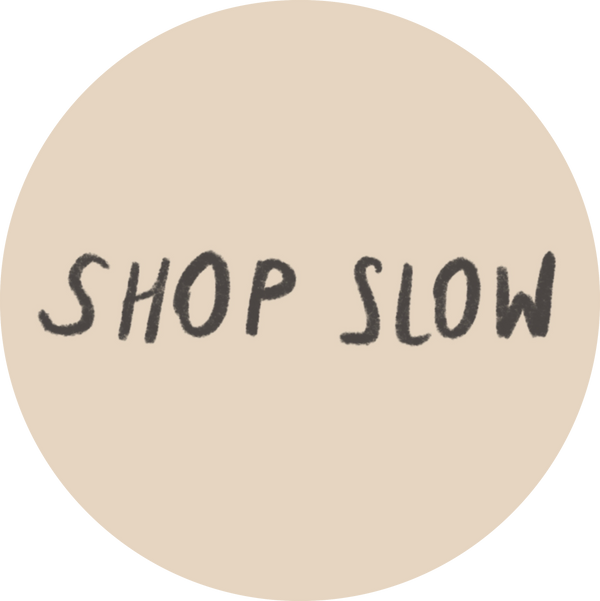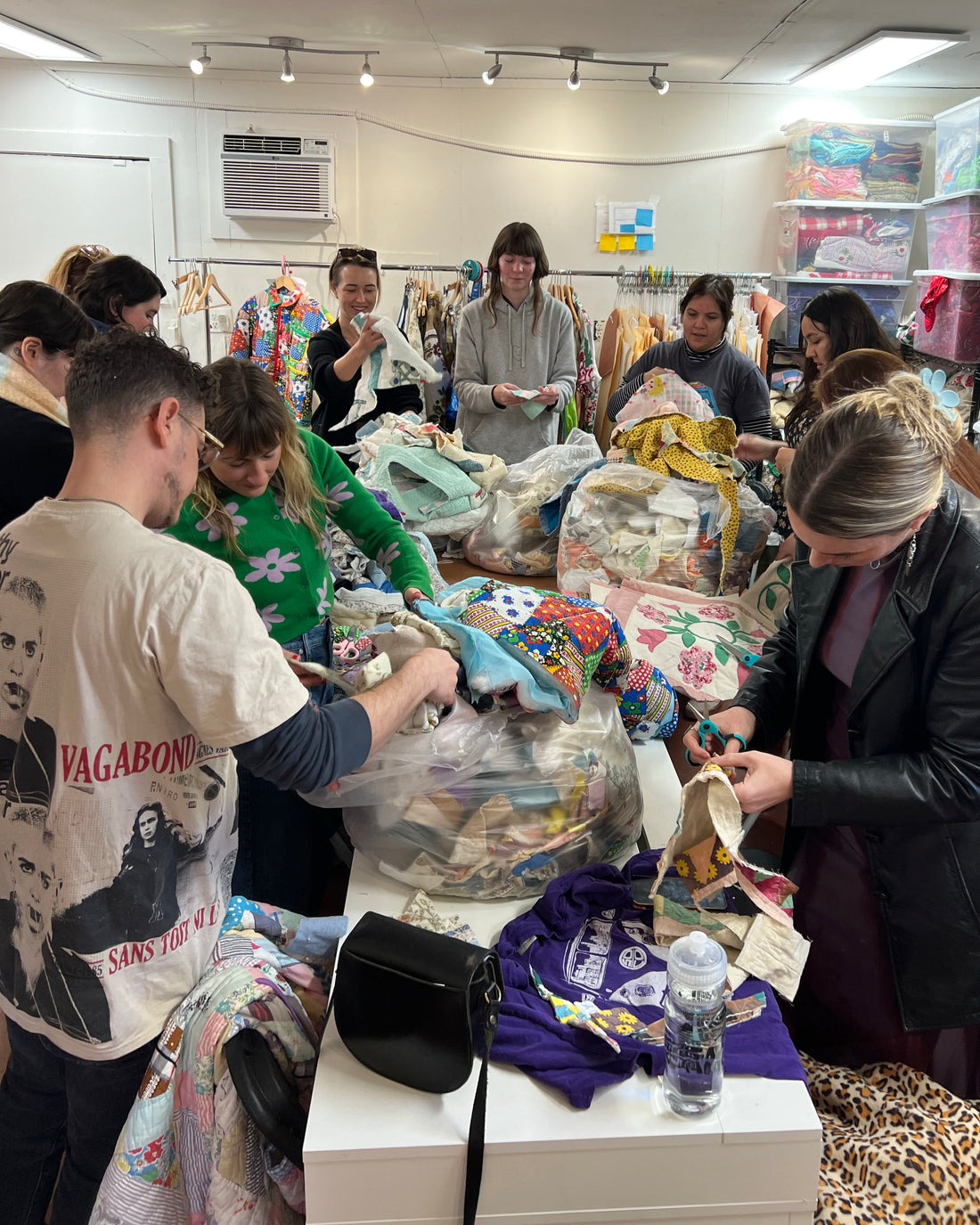In a world where fast fashion reigns supreme, the slow fashion movement emerges as a beacon of sustainability, ethics, and craftsmanship. Defined by a commitment to conscious consumption and mindful design, this movement challenges the norms of disposable garments and relentless trend cycles. At the heart of the slow fashion ethos is a dedication to sustainability, echoing the principles of sustainable development outlined by the UN in 1987. The goal? To create a fashion industry that operates within planetary boundaries, prioritizing environmental impact mitigation and ensuring the well-being of all individuals and animals involved in the supply chain.
Sustainable and ethical fashion terminologies have faced challenges due to greenwashing practices within the industry. Brands making vague claims of sustainability have led to legitimate concerns about the integrity of their practices. As a response, policymakers are enforcing regulations on the use of terms like "sustainable" and "ethical," prompting a shift towards more specific labels such as "responsible fashion" and "conscious fashion."
Embracing the slow fashion movement involves diving into concepts like circular fashion and minimalism. The former focuses on eliminating waste and pollution from clothing production processes, while the latter promotes intentional and mindful consumption. Within this framework, transparency and traceability become essential components, empowering consumers to make informed choices and hold brands accountable for their practices.
Recycling and upcycling have become hallmarks of sustainable fashion, with designers turning to organic materials and vegan alternatives to prioritize environmental sustainability and animal welfare. This shift towards more eco-conscious practices underscores the interconnectedness of sustainability, ethics, and inclusivity within the sustainable fashion movement.
Within the walls of Shop Slow, a boutique that champions the values of the slow fashion movement, a diverse group of designers are reshaping the fashion landscape with their sustainable practices and unique perspectives.
Rebecca Wright's Psychic Outlaw is a collective dedicated to creating handmade clothing using recycled, vintage, and antique textiles. Mikaela Friedman, based in Austin, Texas, is renowned for her vibrant hand-painted cowboy boots sourced sustainably from local rag houses. A.V. Beamon reimagines classic vintage designs, extending the lifespan of garments through durable materials and custom orders.
Maya Meyer's commitment to upcycling and efficient manufacturing shines in her sustainable fashion pieces made from pre-existing fabrics. Taylor Dorry, a South Florida-based designer, infuses purity, grunge, and femininity into her designs using upcycled materials. Prairie Misfit, a self-taught designer in Oklahoma, breathes new life into vintage textiles sourced locally to create one-of-a-kind pieces with a touch of nostalgia.
Mercedez Rex's marbling techniques bring dynamic patterns to her accessories, blending traditional craft with modern sustainability. Die Trying, under the helm of Lacy Van Court, offers one-of-a-kind pieces inspired by Texas heritage and meticulously crafted with a focus on chain stitching. This is Sloane, specializing in avant-garde stage wear and embroidery, blurs the lines between art and fashion with a pop culture twist.
As you step into Shop Slow and explore the creations of these sustainable designers, you embark on a journey towards a more ethical and sustainable future in fashion. Each designer's unique perspective and commitment to sustainable practices not only showcase individual style but also contribute to a more conscious and mindful approach to fashion. By supporting these designers, you become part of a movement that seeks to redefine the norms of the fashion industry and pave the way towards a more sustainable and inclusive future.
Enjoy your exploration of Shop Slow and the world of sustainable fashion – where creativity, sustainability, and ethics converge to shape a more beautiful and conscious future in the world of design.

